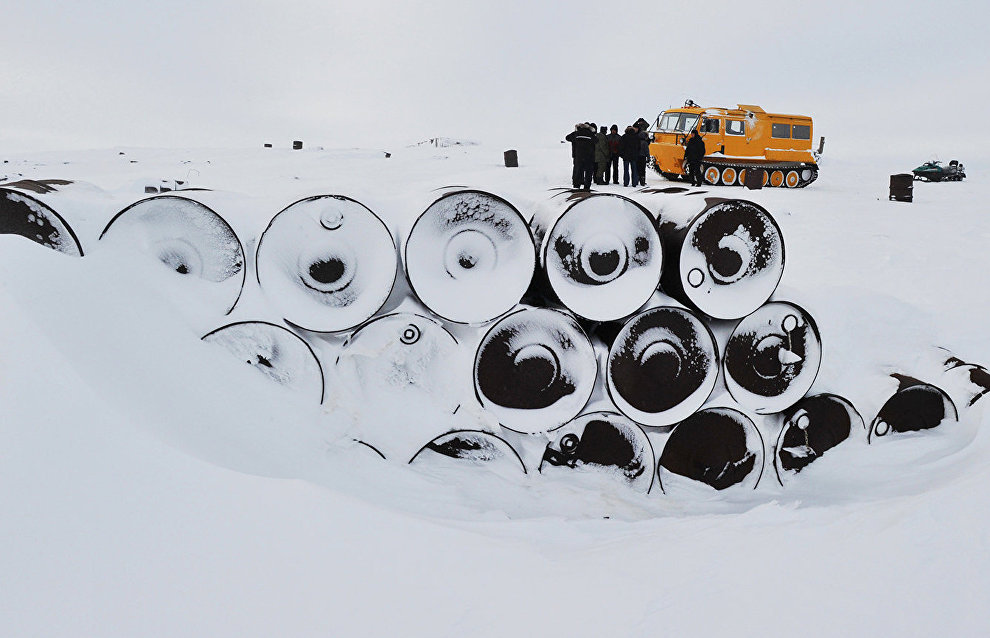Experts discuss elimination of environmental damage in the Arctic
Experts attending the fifth international conference, The Arctic: Shelf Projects and Sustainable Development of the Regions, Arctic 2020, met for a roundtable discussion on environmental safety and waste management in the Arctic. The event focused on the implementation of the Environment National Project, the creation of a comprehensive waste management system plus logistics, a waste management technology adjusted to Arctic conditions, the thermal treatment of waste, oil spill prevention and response, as well as legislative incentives for eco-friendly business practices.
"The regional authorities need to draft standard solid waste recycling programs and offer them in the form of recommendations to companies working in the regions," said Alexander Bagin, a member of the Committee for Environment and Sustainable Use of Natural Resources at the Russian Chamber of Commerce and Industry. He added that the regions should develop partner relations with local companies, which could turn preowned equipment over to municipal governments. "Incentives are the most important part, though. People should be incentivized to keep their land clean," the official noted.
Ilya Kulikov, Director of the State Regional Centre of Standardization, Metrology and Testing in the Murmansk Region (Murmansk CSM), reported on the development of a new biotechnology for petrochemical spill cleanup based on three components: oil oxidizing microorganisms, sorbents and phytoameliorants. This technology stimulates the development of bacteria and fungi living in a given water body which can induce microbial degradation of petrochemical waste.
"We are testing the technology in our labs under conditions that are similar to those in the Arctic. Tests have shown that oil oxidizing microorganisms can reduce the level of pollution by 36%-43% in coastal sand in a matter of two months, and by 47% in the case of coastal alluvium. We plan to complete the tests this year," the committee official said.
At the end of the session, Anatoly Shevchuk, Deputy Chair of the Council for the Study of Productive Forces at the Russian Foreign Trade Academy under the Economic Development Ministry, pointed out the importance of preparing an environmental safety research program for the Artic through 2035, assessing the impact of major infrastructure projects on the environment, drafting a special environmental safety program, which must include waste management, as well as recommendations on environmental threat monitoring in the Arctic. He also said that all Arctic development projects should include allocations for the eventual elimination of accumulated environmental damage in the Arctic, and that all facilities operating in the Arctic are potential hazards.
